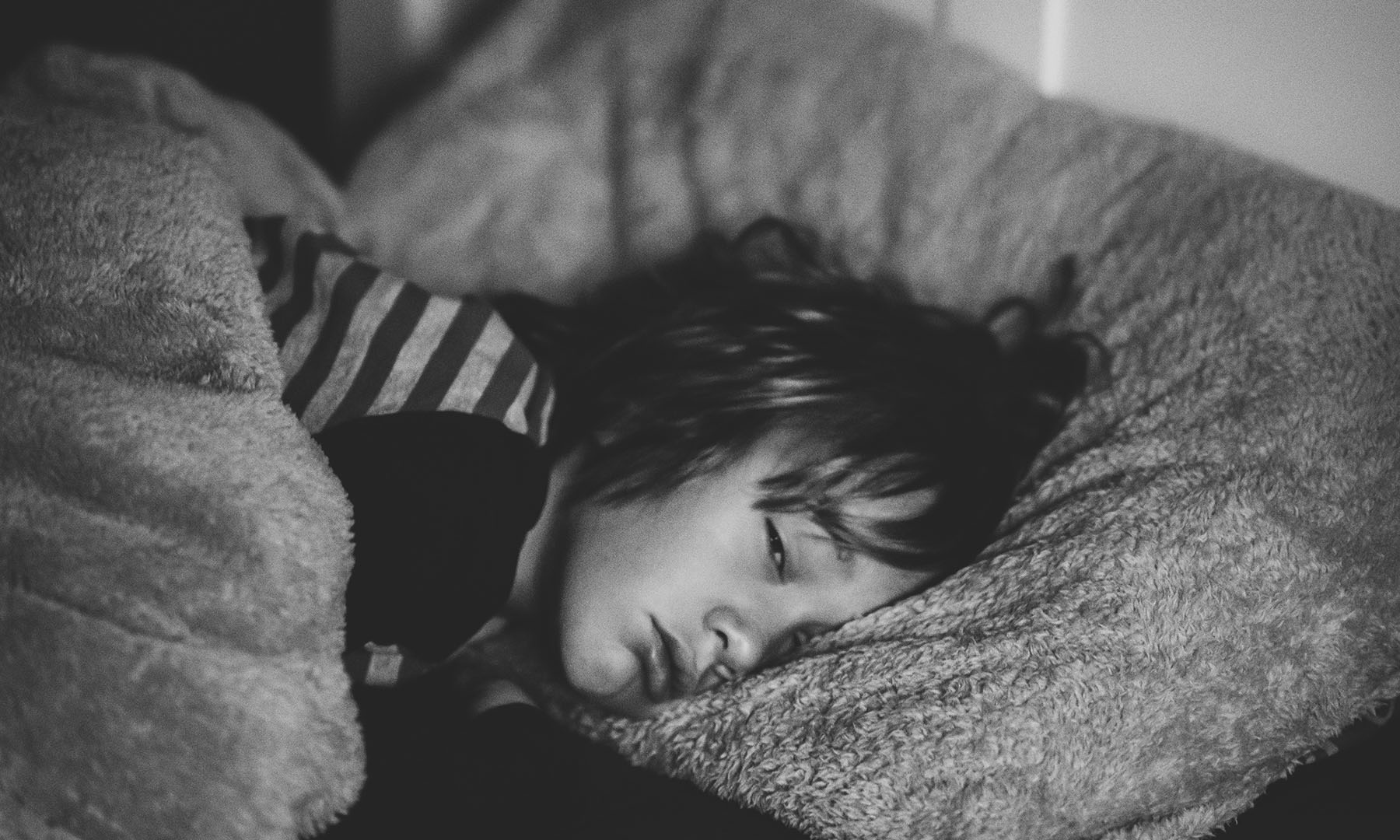

Insomnia is a sleep disorder in which a person has difficulty falling or staying asleep. Medical treatment can help prevent heart problems and other potential complications. Individuals who think they may have sleep apnea should see a doctor. Signs and symptoms of sleep apnea include: Sleep apnea is a serious sleep disorder that causes periodic pauses in breathing. The sections below outline some common sleep disorders. Those who suspect they may have a sleep disorder should see a doctor for diagnosis and treatment. This could indicate an underlying sleep disorder. Some people find they continue to wake up tired despite addressing their sleep practices and lifestyle factors. However, it may also increase sleep apnea and contribute to poor sleep quality.

having a sleeping environment that is too hot, too bright, or too loud.looking at phone or computer screens before going to bed.not having a regular bedtime routine, which includes consistent sleep and wake times.Examples of poor sleep hygiene practices include: Poor sleep hygiene can result in poor quality sleep. Sleep hygiene refers to habits that help a person have restful sleep. (The prefrontal cortex is the part of the brain involved in decision making and self-control.) This may contribute to sleep inertia. The same report indicates that the prefrontal cortex can take longer than other areas of the brain to become fully active after waking. The cause of sleep inertia is not entirely understood. Research shows it takes around 15–30 minutes for alertness to reach pre-sleep levels.

It occurs when a person wakes suddenly from a deep sleep. Sleep inertia refers to the cognitive and sensory-motor impairments that take place immediately when waking up. They range from lifestyle factors to medical conditions, and some are listed below. There are several possible causes of tiredness on waking. Share on Pinterest Sleep inertia is a possible cause of waking up tired.


 0 kommentar(er)
0 kommentar(er)
